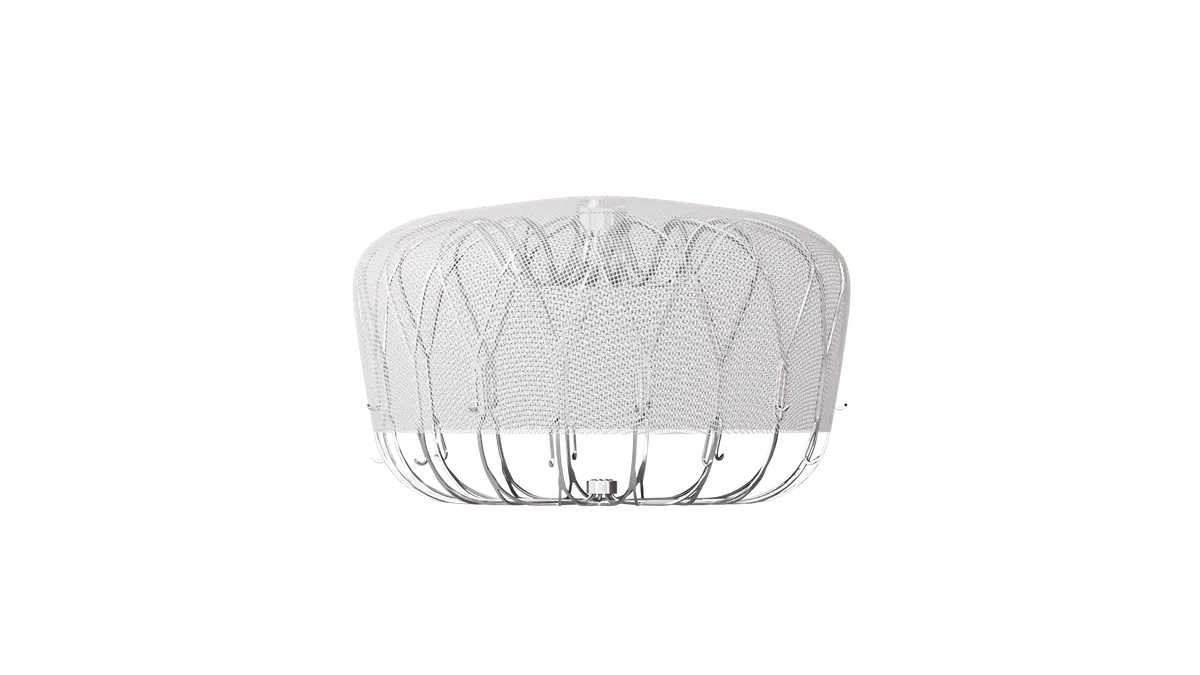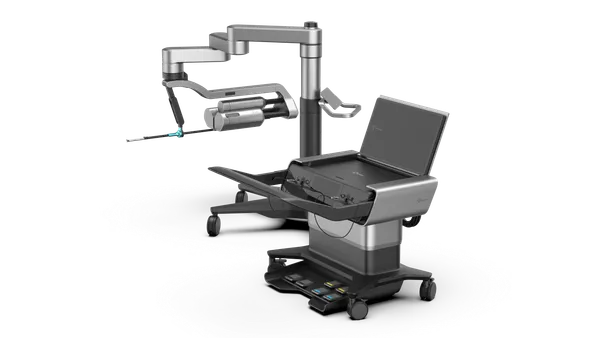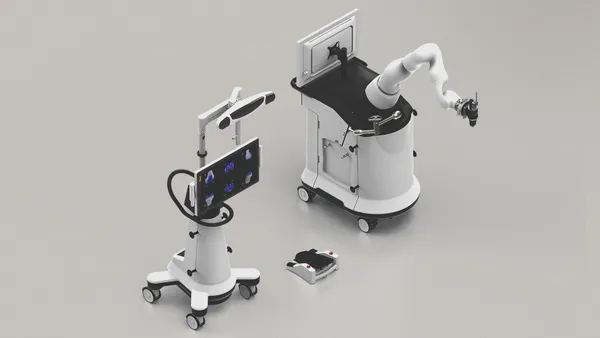Dive Brief:
- A head-to-head clinical trial comparing Abbott Laboratories' and Boston Scientific’s left atrial appendage occlusion (LAAO) devices has added to evidence that women have a higher rate of complications.
- The post-hoc analysis of the Amulet IDE trial, details of which were shared at EuroPCR 2022, found the rate of major procedure-related complications in recipients of Abbott’s Amplatzer Amulet and Boston Scientific’s Watchman 2.5 was 4.4% for women, compared to 1.9% for men. The difference was driven by higher rates of major bleeding and pericardial effusion.
- Even with the early complications in women, device-related and clinical outcomes at 18 months were comparable. The researchers said they still see a need for strategies to mitigate the procedure-related complications.
Dive Insight:
The issue of whether LAAO devices are riskier for women than men rose to prominence last summer after a registry study of 50,000 recipients of Boston Scientific’s Watchman found a gender imbalance in adverse events. According to the registry, women are more likely to suffer major adverse events because of bleeding or pericardial effusion requiring drainage. The Food and Drug Administration began looking into the topic in September.
Against that backdrop, researchers took a fresh look at the data from an Abbott-funded clinical trial. The study compared Abbott’s Amplatzer Amulet to Boston Scientific’s last-generation Watchman 2.5 device. The new analysis pooled data on both devices rather than looking at results for each product separately.
The study attempted to implant devices into 1,099 men and 734 women. The implant success rate was similar in the two cohorts, 97.4% in men versus 97.1% in women, but there was divergence in the rates of adverse events. In the cohort of women, 15.1% of participants experienced any adverse event versus 10.3% of men. The rates of major adverse events were 4.4% for women and 1.9% for men.
A look at the specific adverse events shows the difference was underpinned by the higher rates of major bleeding, 3.7% versus 1.0%, and pericardial effusion requiring intervention, 2.0% versus 0.5%, in women than men. The finding is in line with the registry study that reported results last year.
The analysis of the Amulet IDE trial also looked at outcomes after 18 months. By that time, the gender imbalance had disappeared with the researchers finding no statistically significant differences between the analyzed device-related and clinical outcomes. The rate of major bleeding was numerically slightly higher in women, but the rates of cardiovascular and all-cause death were lower.
The analysis comes as Abbott and Boston Scientific jockey for position in the LAAO market. While Boston Scientific had dominated the space, it now faces competition from an Abbott device that is tipped to capture one-fifth of the market by 2023.













